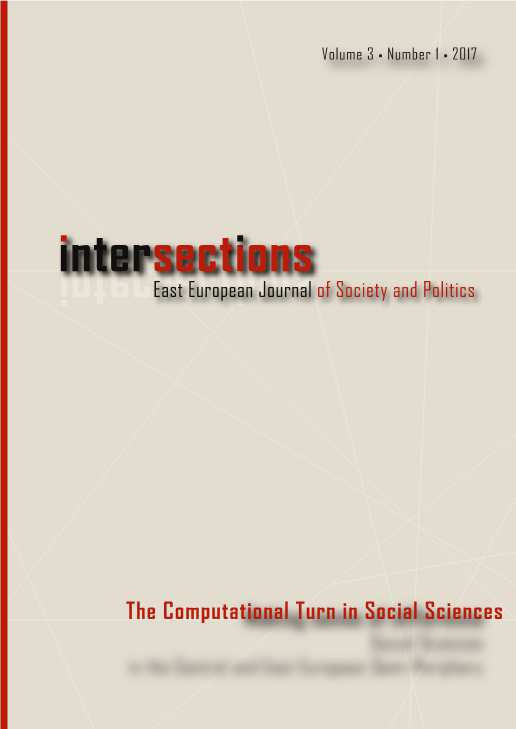Data as Monads: How Digital Data can be Understood as the Sum of the Components in the Process of Locating it
Data as Monads: How Digital Data can be Understood as the Sum of the Components in the Process of Locating it
Author(s): Mette My MadsenSubject(s): Methodology and research technology, ICT Information and Communications Technologies
Published by: MTA Társadalomtudományi Kutatóközpont Kisebbsegkutató Intézet
Keywords: Big Data; Digital Data; Monads; Interdisciplinary Collaboration; Computational Social Science
Summary/Abstract: This article concerns epistemology of data, especially digital data or Big Data. It especially problematizes data understood as something fact-like. The empirical object is a case where researchers from an interdisciplinary collaborative research environment working with Big Data, experienced how banal questions about how to find data led to a journey around problems of competing mathematical models, ethical questions and human agency. Based on the empirical material the article unfolds how data itself can be regarded as inherently contextual, fragile and unstable. This is done analytically by shifting focus from the two most dominant understandings of data within social science: data as something ‘raw’ that can be picked up using the right tools and data as ‘shaped’ by the tools of collection. Instead the article proposes to regard data as monad-like that is as the unstable constellations of components in the process of locating the data.
Journal: Intersections. East European Journal of Society and Politics
- Issue Year: 3/2017
- Issue No: 1
- Page Range: 15-30
- Page Count: 16
- Language: English

